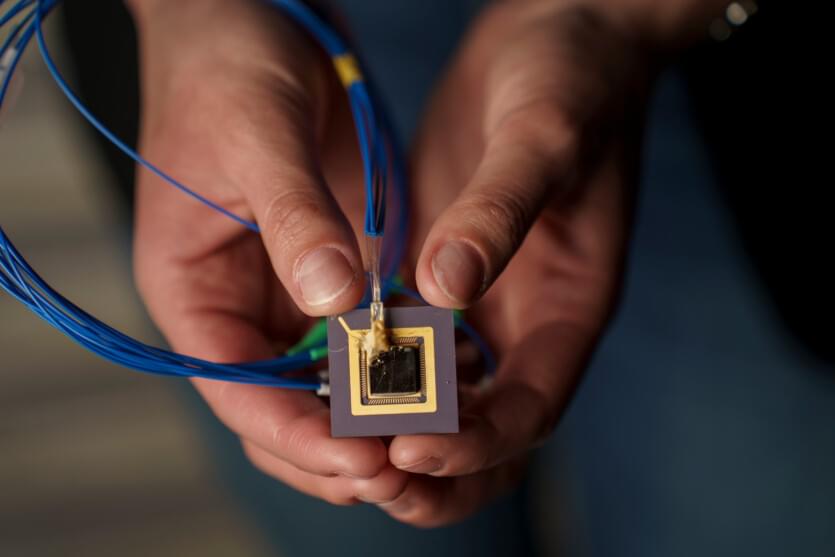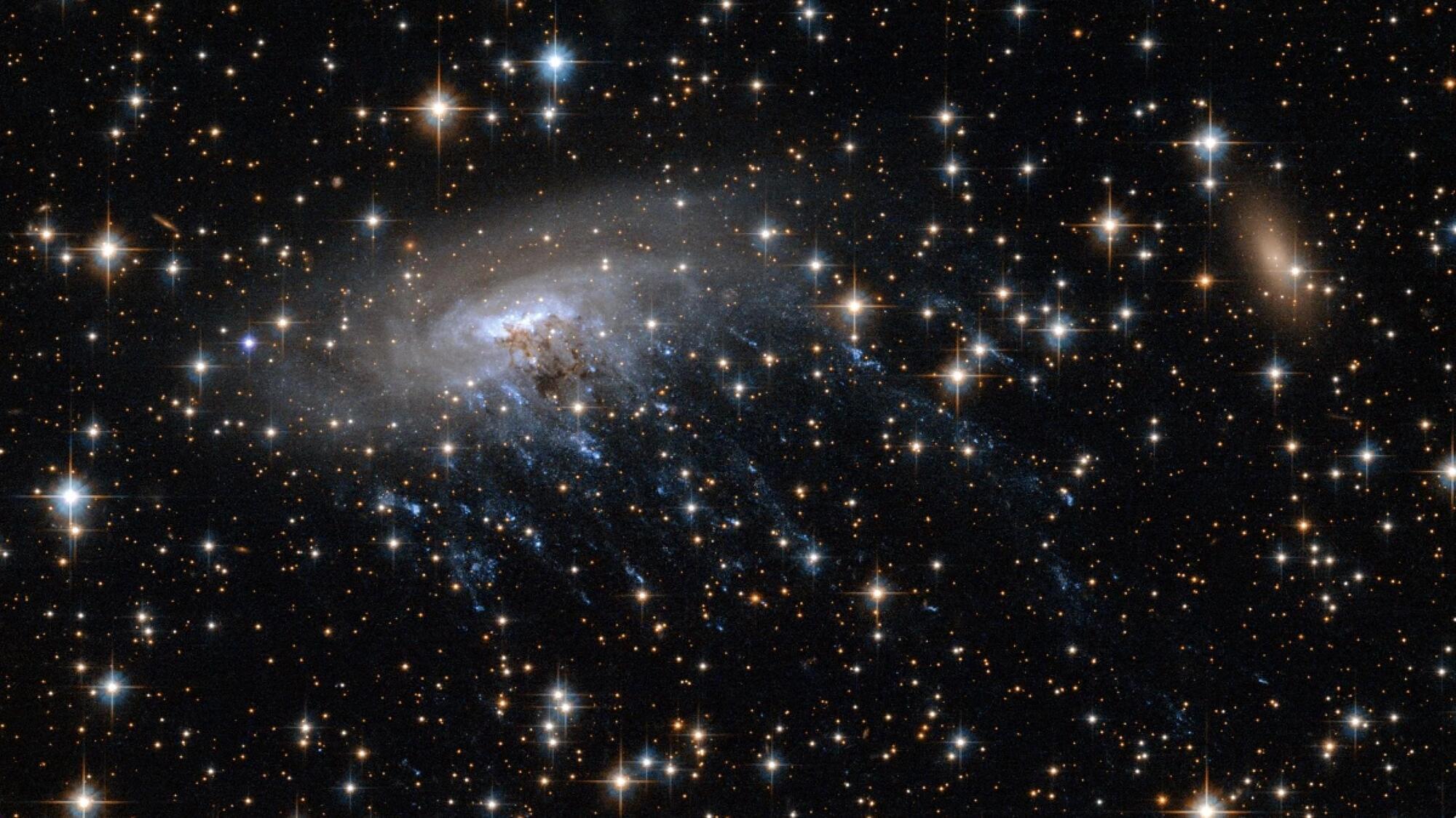Tech entrepreneur and investor Vinod Khosla’s prediction of AI automating 80% of high-value jobs by 2030 coincides with a reckoning for Fortune 500 companies.
Get the latest international news and world events from around the world.

MIT creates a pocket-sized 3D printer that prints objects in seconds
Researchers from the Massachusetts Institute of Technology (MIT) in the United States have created a tiny 3D printer chip-sized device that forms the necessary objects using light in a matter of seconds.
A team of researchers led by Professor Elena Nataros has created a 3D printer that emits a reconfigurable beam of light into resin to create solid forms. This tiny printer fits in the palm of your hand. It is expected that users will be able to quickly create customized, low-cost objects.
According to the developers, the system consists of a single photonic chip measuring a few millimeters, without any additional moving parts. It emits visible light into the resin, allowing for non-mechanical 3D printing.



A ‘Sputnik’ moment in the global AI race
When Chinese AI startup DeepSeek unveiled the open-source large language model DeepSeek-R1 in January, many referred to it as the “AI Sputnik shock” — a reference to the monumental significance of the Soviet Union’s 1957 launch of the first satellite into orbit.
Much remains uncertain about DeepSeek’s LLM and its capabilities should not be overestimated — but its release nevertheless has sparked intense discussion about its superiority especially in terms of cost. DeepSeek claims that its model possesses reasoning abilities on par with or even superior to OpenAI’s leading models, with training costs at less than one-tenth of OpenAI’s — reportedly just $5.6 million — largely due to the use of NVIDIA’s lower-cost H800 GPUs rather than the more powerful H200 or H100 models.
Tech giants like Meta and Google have spent billions of dollars on high-performance GPUs to develop cutting-edge AI models. However, DeepSeek’s ability to produce a high-performance AI model at a significantly lower cost challenges the prevailing belief that computational power—determined by the number and quality of GPUs—is the primary driver of AI performance.

Degrees of intelligence: Where Meta’s top AGI scientists studied and why it matters
Meta’s Superintelligence Lab has assembled a world-class team of AI researchers from institutions like OpenAI, DeepMind, and Google. Their educational paths—often beginning in top universities in China or India and leading to elite Western institutions—reflect the global and interdisciplinary nature of AGI development. This article explores their academic journeys, highlighting how rigorous training in mathematics, computer science, and safety research underpins the next frontier of artificial intelligence.



A couple tried for 18 years to get pregnant. AI made it happen
After trying to conceive for 18 years, one couple is now pregnant with their first child thanks to the power of artificial intelligence.
The couple had undergone several rounds of in vitro fertilization, or IVF, visiting fertility centers around the world in the hopes of having a baby.
The IVF process involves removing a woman’s egg and combining it with sperm in a laboratory to create an embryo, which is then implanted in the womb.
Scientists discover microplastics in SEMEN and female follicular fluid
From the depths of The Mariana Trench to the summit of Everest, microplastics can now be found almost everywhere on Earth.
Now, it turns out even our most intimate moments can’t escape their blight.
Scientists have discovered microplastics are ‘common’ in both male and female reproductive fluids.